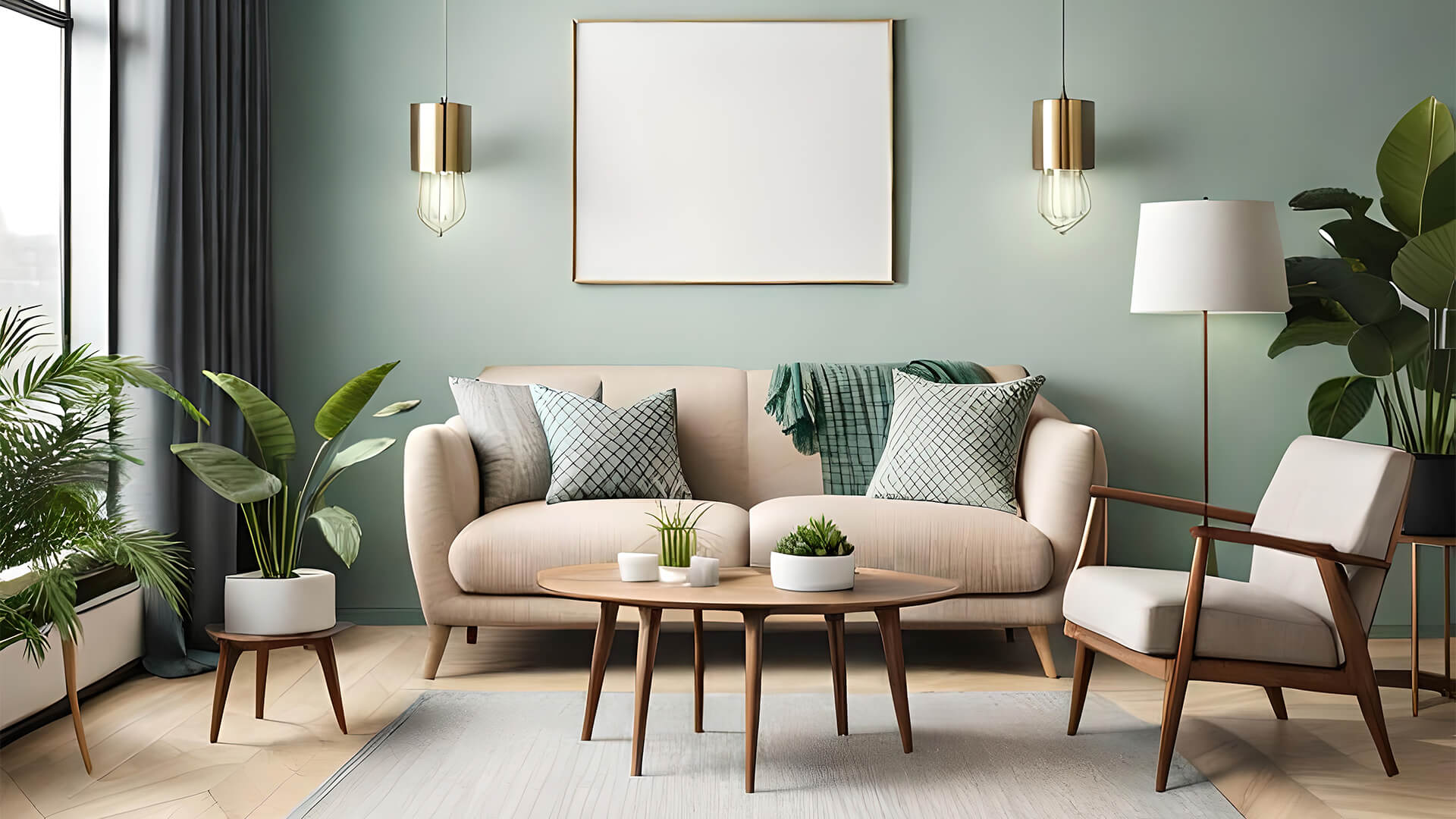There’s nothing quite like incorporating plants into your interior. They look great, adding new visual points of interest dotted around your home. They do good, too, improving the air quality in your home and creating a fresher atmosphere.
Did you know, however, that certain plants are best suited to different areas of your home? Understanding the perfect plants for each room of your home can level up your interior design andeven reduce the likelihood of mould appearing!
Here, the plant and garden experts behind Hayter take a look at the plants most-suited to each room in your home – and the benefits each one brings!
Bedroom
Research from NASA indicates that a number of houseplants have been found to release oxygen all night long! This means that, whilst you’re sleeping, you’ll be breathing in better quality air than in a room without any plants at all. This can in turn lead to better quality sleep, leading you to feel relaxed and refreshed.
NASA’s research designates a few plants for improving air quality, such as the Dwarf Date Palm, Devil’s Ivy and Bamboo Palm. If you’re pushed for space and looking for something a little smaller, you could try a Chrysanthemum!
Living room
Depending on the style of your interior design and layout of your living room, there are plenty of exciting plants which could be suitable. In most homes, the living room is the primary area for entertaining guests, so we’d recommend statement plants to create points of interest and impress visitors.
As such, we’d recommend plants that are sprawling, leafy and exciting. A Peace Lily could be a perfect living room plant if you’re looking to make a statement. If you’re lucky enough to have a lot of natural light in your living room, try a Bird of Paradise – its glossy leaves add a lush sheen to any interior style.
Dining room
The perfect addition to bring a natural, al fresco element to your dining room, the right plants can do wonders. Air plants like Tillandsia don’t need any soil, and so they’re perfect for minimising mess and maximising aesthetic impact. Try popping them on your tabletop or suspending from ceiling fixtures!
If you’re looking for a more traditional potted plant for your dining room, try succulents on your windowsill or tabletop – they require minimal upkeep and add a pop of greenery!
Hallway/landing
The hall or landing is often overlooked when considering your interior design. However, as a hub between the other areas of your home, the hallway is actually vital for tying your interior together!
Hallways or landings are often one of the darker rooms in the home, and your plant selection will need to account for the amount of natural light available. If your hall lacks windows, try a d! They look great on side tables or simply sat on the floor, and they can easily thrive in an environment with almost no light.
They’re also a great plant for green-thumbed beginners – only sparse watering is required!
Bathroom
The right plants can really liven up a boring bathroom design – and have a whole host of practical benefits too. Have a look for plants which thrive in humid environments; often those which are native to a rainforest, like the Boston Fern, are well-suited for bathrooms and wet rooms.
Choosing plants with the correct characteristics can even reduce the potential for mould to occur. Palm Plants and Spider Plants absorb the water in the air through their leaves, preventing that moisture from causing damp and mould.
Conservatory
The perfect suntrap for a hot day, a conservatory is a great place for sun-hungry plants of any type. However, they can also be a hotspot for flies and insects, especially if you’re lucky enough to have glass patio doors!
A Venus Flytrap could be the perfect plant to keep insects at bay – they can thrive in the UK’s temperate climate and they’re an exciting addition to any plant-keeper’s selection.
Gemma Vincent, Product Manager of the Hayter range, comments: “Plants are so much more than an aesthetic choice – they have plenty of benefits in terms of increasing air quality and reducing the likelihood of mould occurring in your home.”

































